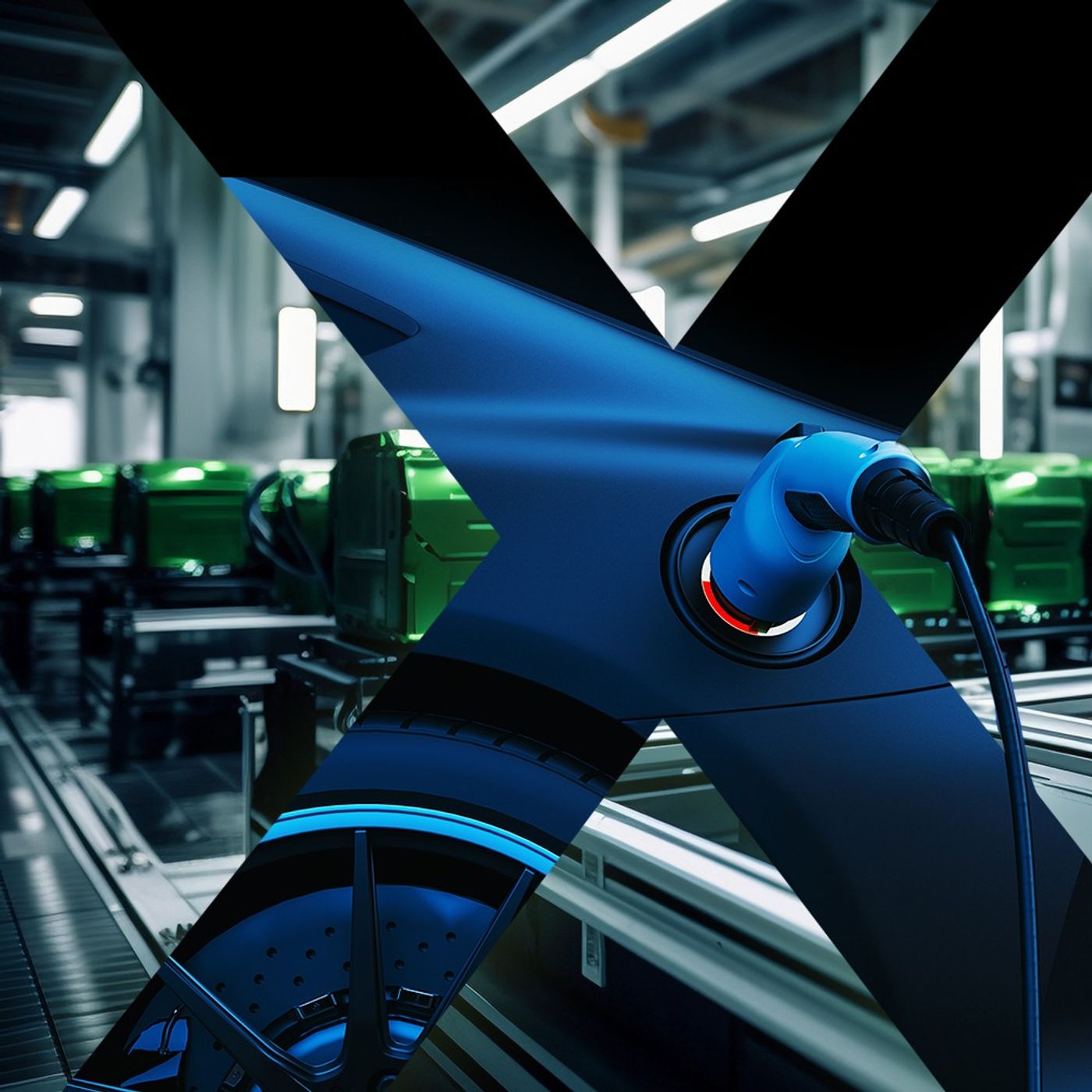Confronting waste: Getting to a circular economy
Description
Humans generate an incredible amount of trash. In Canada alone, 35 million tonnes of food is wasted every year. That’s a lot of energy spent growing, processing, packaging and delivering food that ultimately goes uneaten — and all that waste creates a lot of greenhouse gases. To fix the climate, we have to redefine our relationship with waste; that means doing more with what we already produce. In this episode, we head up into space to see how astronauts deal with their waste, travel to a facility to learn how food scraps are being transformed into biogas and explore how the concept of circularity could help us manage our resources better. It’s time to face the waste.
Featured in this episode:
- Marc Garneau is a former astronaut and current Member of Parliament. During his space career, he logged nearly 700 hours in orbit, learning firsthand the value of maximizing resources and repurposing waste.
- Annie Meier, a chemical engineer and principal investigator at NASA, is the team lead on a trash-to-gas project called OSCAR (Orbital Syngas Commodity Augmentation Reactor), a technology that provides a new way of managing waste in space.
- Tammara Soma is an assistant professor at SFU and research director at The Food Systems Lab. As a food systems and waste expert, she researches the impact food waste has on the climate as well as solutions that could help bring greater circularity to the food system.
- Brandon Moffatt is the co-founder and vice president of StormFisher Hydrogen, a company focused on utilizing waste streams to create better uses for waste products. One of those areas: food-waste diversion. He walks us through the process of transforming organic waste to sources of energy.
- Chris Bataille is an independent consultant and applied policy researcher, working for Columbia University, Simon Fraser University and IDDRE in Paris. Focusing on industrial decarbonization and the low-carbon transition, Chris speaks to the role of biogas in climate strategy.
Further reading:
- Canada Throws Out Half the Food It Produces. What If We Ate It Instead?
- Food systems are responsible for a third of global anthropogenic GHG emissions
- Your Trash Is Emitting Methane In The Landfill. Here's Why It Matters For The Climate
- Expanded London biogas company now nation's largest food-waste diversion plant
- Team Prepares OSCAR Technology for Suborbital Flight Test | NASA
The Mission from MaRS initiative was created to help scale carbon reducing innovations by working to remove the barriers to adopting new technology. Mission from MaRS thanks its founding partners, HSBC, Trottier Family Foundation, RBC Tech for Nature and Thistledown Foundation. It has also received generous support from Peter Gilgan Foundation, BDC, EDC and Mitsubishi Corporation Americas. Learn more about the program at missionfrommars.ca.
Solve for X is brought to you by MaRS, North America’s largest urban innovation hub and a registered charity. MaRS supports startups and accelerates the adoption of high-impact solutions to some of the world’s biggest challenges. For more information, visit marsdd.com.
















